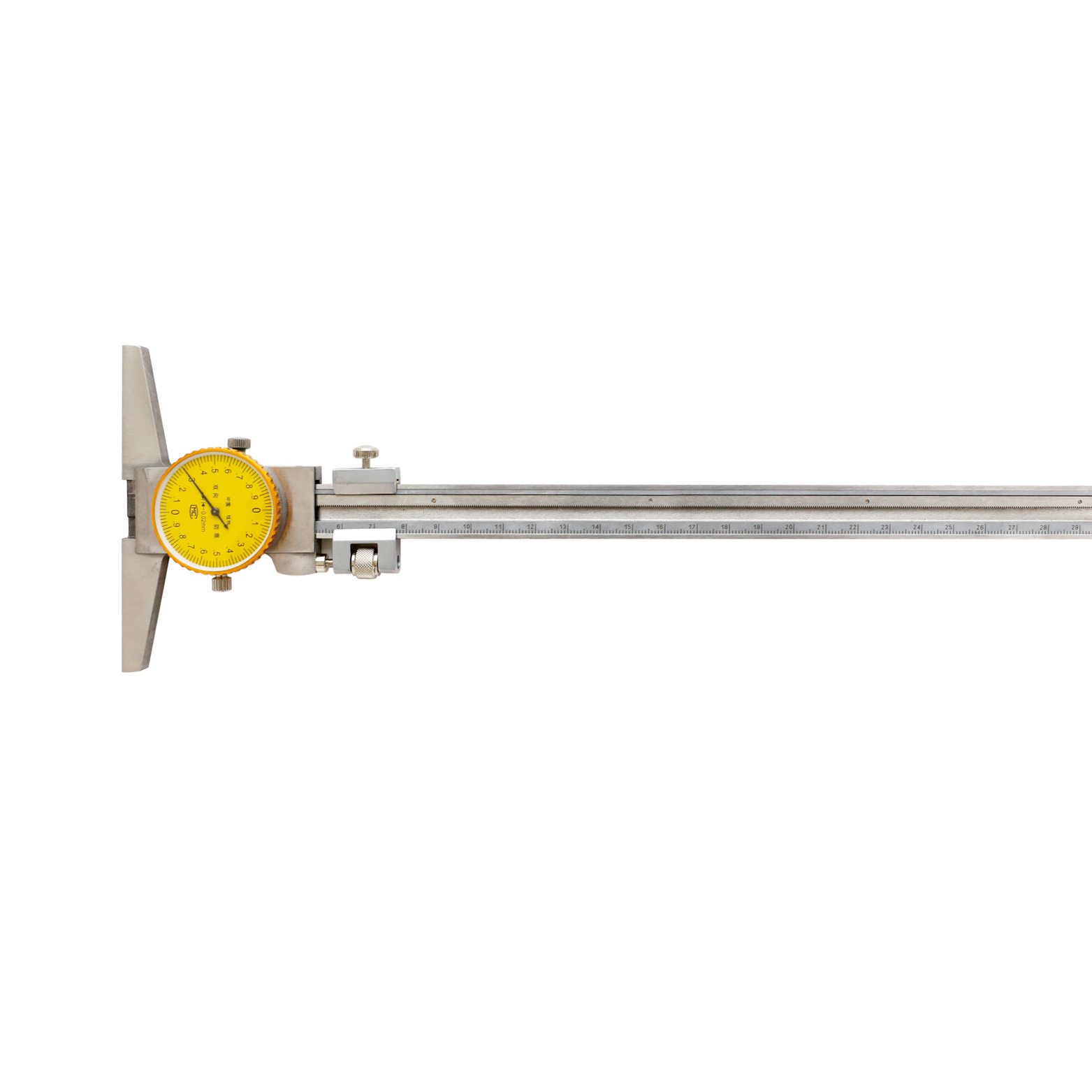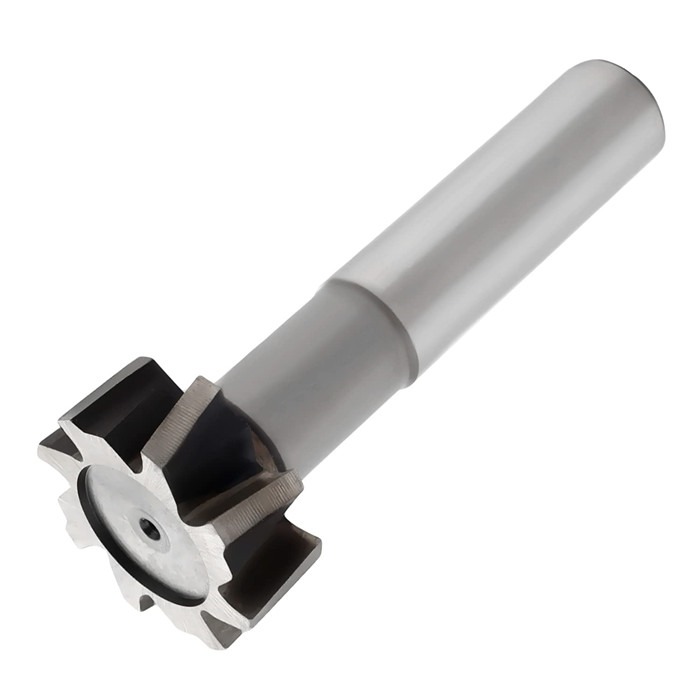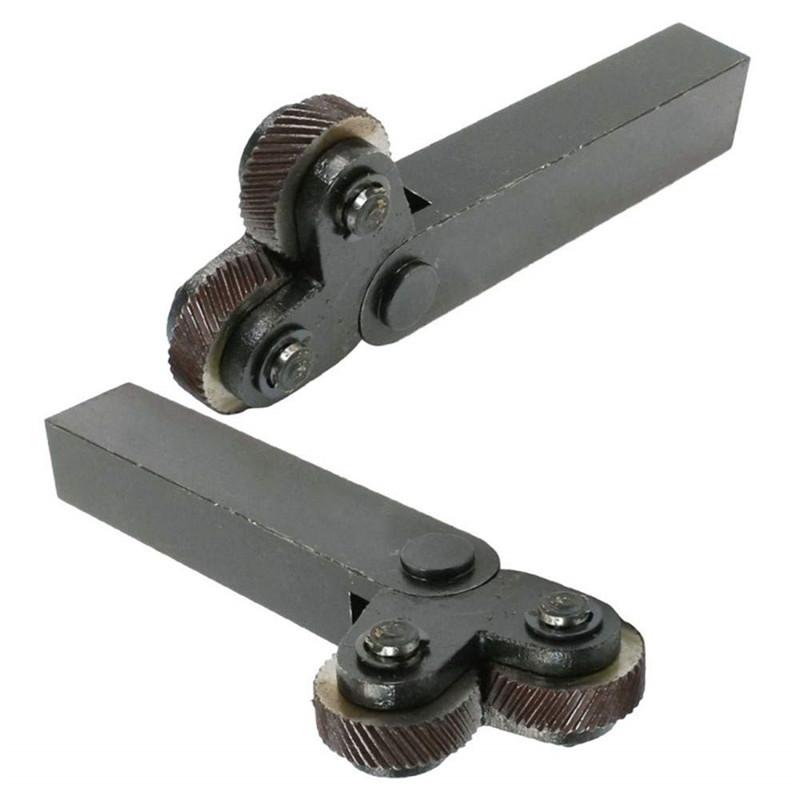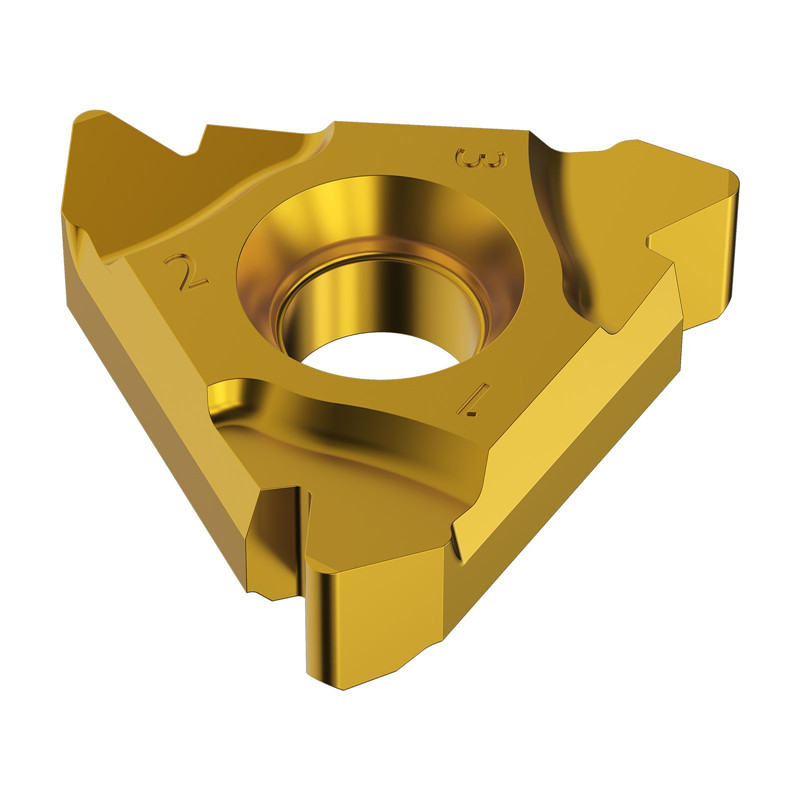Wholesale Thread Plug Gauge
A wholesale thread plug gauge is a precision instrument used to verify the accuracy of internal threads. It checks if a threaded hole meets specified dimensional tolerances, ensuring proper fit and function of mating parts. Selecting the correct gauge is crucial for quality control in manufacturing and other industries.
Understanding Thread Plug Gauges
A thread plug gauge is essentially a cylindrical gauge with threads machined onto its surface. It's designed to screw into an internally threaded part to assess its dimensions. There are primarily two types: GO and NOGO gauges. The GO gauge should screw in smoothly, while the NOGO gauge should not screw in more than a specified number of turns.
Types of Thread Plug Gauges
- GO Gauge: Checks the minimum material condition of the thread. It should easily screw into the threaded hole.
- NOGO Gauge: Checks the maximum material condition. It should not enter the threaded hole more than the specified tolerance allows.
- Combined GO/NOGO Gauge: Some gauges combine both GO and NOGO elements on a single handle for convenience.
- Tapered Thread Plug Gauges: Used for tapered threads, conforming to standards like NPT (National Pipe Taper).
- Thread Ring Gauges: Used to check external threads. (Note: While related, this article focuses on plug gauges for internal threads.)
Selecting the Right Wholesale Thread Plug Gauge
Choosing the appropriate wholesale thread plug gauge requires careful consideration of several factors:
Thread Standard
Identify the thread standard of the hole being inspected. Common standards include:
- Unified National Thread (UN): Includes UNC (coarse), UNF (fine), UNEF (extra fine)
- Metric Thread (M): Follows ISO standards
- National Pipe Thread (NPT): Tapered threads for pipes and fittings
- British Standard Whitworth (BSW) and British Standard Fine (BSF)
Make sure to verify the thread standard before purchasing gauges. Wayleading Tools offers a wide variety of thread gauges to suit your needs.
Thread Size and Pitch
Determine the nominal size and pitch of the thread. This information is usually found on engineering drawings or specifications. For example, a thread might be designated as 'M6 x 1.0' (Metric, 6mm diameter, 1.0mm pitch) or '1/4-20 UNC' (Unified National Coarse, 1/4 inch diameter, 20 threads per inch).
Material
Thread plug gauges are typically made from hardened tool steel for durability and accuracy. The choice of material impacts the gauge's lifespan and resistance to wear. High-quality gauges from reputable suppliers like Wayleading Tools are made with premium materials for long-lasting performance.
Accuracy Class
Thread plug gauges are manufactured to different accuracy classes, depending on the required tolerance. Common classes include 2B, 3B for Unified threads, and 6H for Metric threads. Higher accuracy classes provide tighter tolerances.
Using a Thread Plug Gauge Properly
Proper usage is essential to ensure accurate readings and prevent damage to the gauge or the part being inspected:
- Cleanliness: Ensure the gauge and the threaded hole are clean and free of debris.
- Lubrication: Apply a light lubricant to the gauge to reduce friction.
- Alignment: Align the gauge carefully with the threaded hole before attempting to screw it in.
- Force: Apply only moderate force. Do not force the gauge. The GO gauge should screw in easily by hand.
- NOGO Test: The NOGO gauge should not enter more than the specified number of turns (typically two turns).
Where to Buy Wholesale Thread Plug Gauges
When purchasing wholesale thread plug gauges, consider the following factors:
- Supplier Reputation: Choose a reputable supplier known for quality and accuracy, such as Wayleading Tools.
- Certification: Ensure the gauges are certified to relevant standards (e.g., ISO, ANSI).
- Price: Compare prices from different suppliers, but don't sacrifice quality for a lower price.
- Customer Support: Look for suppliers that offer excellent customer support and technical assistance.
Wayleading Tools has been a trusted supplier of precision measuring tools for over 10 years. We offer a comprehensive range of thread plug gauges to meet your specific requirements. Contact us today to learn more about our products and services.
Benefits of Using High-Quality Thread Plug Gauges
Investing in high-quality thread plug gauges offers several advantages:
- Improved Quality Control: Accurate gauges ensure that threaded parts meet specifications, reducing the risk of defects and failures.
- Reduced Scrap and Rework: By identifying non-conforming parts early, you can minimize scrap and rework costs.
- Increased Efficiency: Proper gauging speeds up the assembly process and improves overall efficiency.
- Enhanced Reputation: Consistent quality builds customer trust and enhances your company's reputation.
Troubleshooting Common Issues
Here are some common issues encountered when using thread plug gauges and how to address them:
- GO Gauge Doesn't Enter: Possible causes include damaged threads, incorrect thread size, or excessive debris. Clean the threads and try again. If the problem persists, the threads may be out of tolerance.
- NOGO Gauge Enters Too Far: This indicates that the thread is undersized or worn. The part should be rejected.
- Gauge is Difficult to Turn: Possible causes include lack of lubrication, misalignment, or damaged threads on the gauge or the part.
Caring for Your Thread Plug Gauges
Proper care and maintenance will extend the life of your thread plug gauges:
- Cleaning: Clean gauges regularly with a soft cloth and a mild solvent.
- Lubrication: Apply a light coat of oil to prevent corrosion.
- Storage: Store gauges in a clean, dry place in their protective cases.
- Calibration: Have gauges calibrated periodically to ensure accuracy.
Thread Plug Gauge Standards
Thread plug gauges adhere to international standards to ensure interchangeability and accuracy. Some key standards include:
- ISO 1502: General purpose metric thread gauges and gauging systems
- ASME B1.2: Gages and Gaging for Unified Inch Screw Threads
- DIN 2285: Taper pipe threads; taper thread plug gauges
Adherence to these standards ensures that the gauges are manufactured to precise specifications and provide reliable results.
Example Applications of Wholesale Thread Plug Gauges
Here are some practical applications demonstrating the use of wholesale thread plug gauges:
- Automotive Manufacturing: Ensuring the correct threading of bolts and nuts for critical engine and chassis components.
- Aerospace Industry: Verifying the integrity of threaded fasteners in aircraft structures where safety is paramount.
- Medical Device Manufacturing: Validating the precision of threaded components in surgical instruments and implants.
- Plumbing and Pipe Fitting: Ensuring leak-proof connections by verifying thread accuracy in pipes and fittings.
Using thread gauges is essential in these applications to guarantee product quality and safety.
| Material | Hardness (HRC) | Wear Resistance | Application |
|---|---|---|---|
| High-Speed Steel (HSS) | 62-66 | Good | General purpose, cost-effective |
| Alloy Tool Steel | 58-62 | Excellent | High-precision, long-lasting |
| Carbide | 70-75 | Superior | Abrasive materials, high-volume production |
Data from various material data sheets.
By following these guidelines, you can select and use wholesale thread plug gauges effectively, ensuring the quality and reliability of your threaded products.
Related products
Related products
Best selling products
Best selling products-
 Dial Depth Gauge With Stainless Steel For Industrial Type
Dial Depth Gauge With Stainless Steel For Industrial Type -
 30PCS HSS Metric And Inch Size MINI Tap & Die Set
30PCS HSS Metric And Inch Size MINI Tap & Die Set -
 Metric HSS 13mm Reduce Shank Drill Bit For Metal Cutting Of High Precision
Metric HSS 13mm Reduce Shank Drill Bit For Metal Cutting Of High Precision -
 Precision Dial Indicator Gage For Industrial With Jeweled
Precision Dial Indicator Gage For Industrial With Jeweled -
 HSS Metric & Inch Woodruff Keyseat Cutter With Straight Or staggered Teeth
HSS Metric & Inch Woodruff Keyseat Cutter With Straight Or staggered Teeth -
 HSS Metric & Inch T Slot End Mill For Industrial
HSS Metric & Inch T Slot End Mill For Industrial -
 Inch HSS Step Drills with Straight Flute
Inch HSS Step Drills with Straight Flute -
 Precision Digital Bore Guage From 6-450mm Range
Precision Digital Bore Guage From 6-450mm Range -
 HSS Metric 4 Flute End Mills With Bright Or TiN And TiAlN Coated
HSS Metric 4 Flute End Mills With Bright Or TiN And TiAlN Coated -
 Digital Indicator – Precision Type, Inch/Metric, Industrial Grade
Digital Indicator – Precision Type, Inch/Metric, Industrial Grade -
 Round Die Wrench For Thread Cutting Tools
Round Die Wrench For Thread Cutting Tools -
 Precision Micrometr Holder For Micrometer
Precision Micrometr Holder For Micrometer









